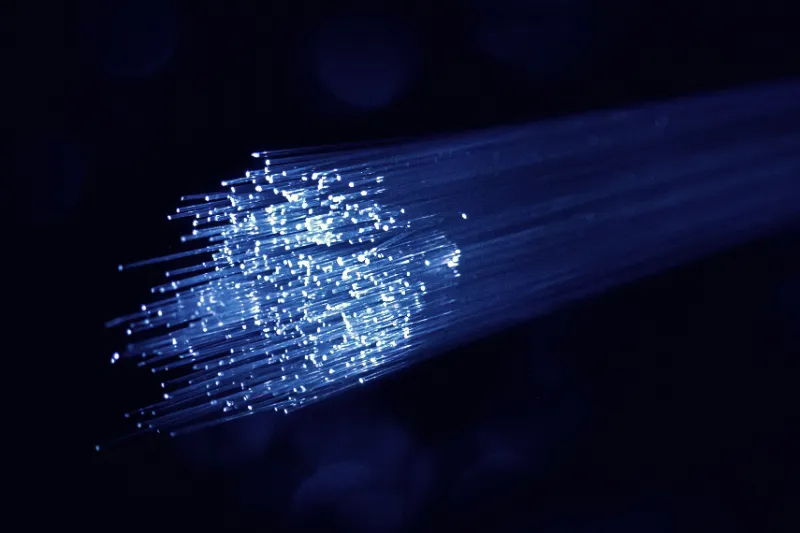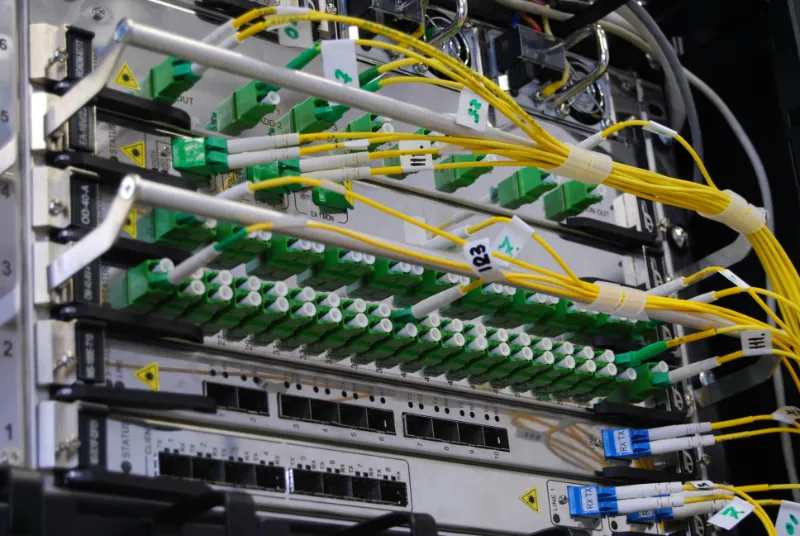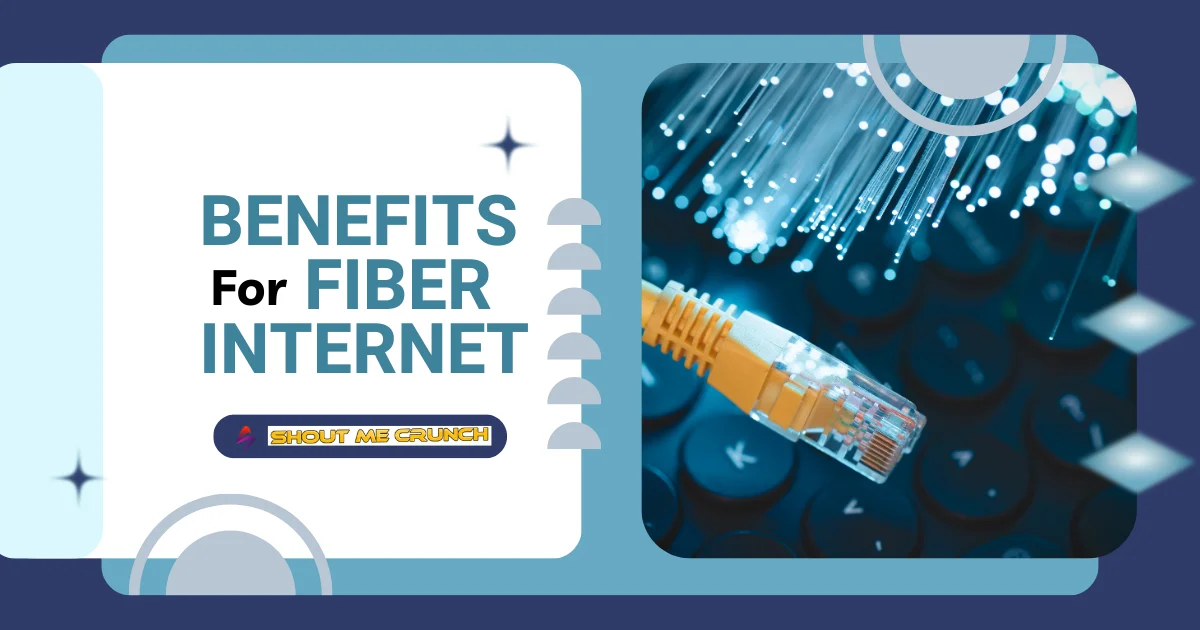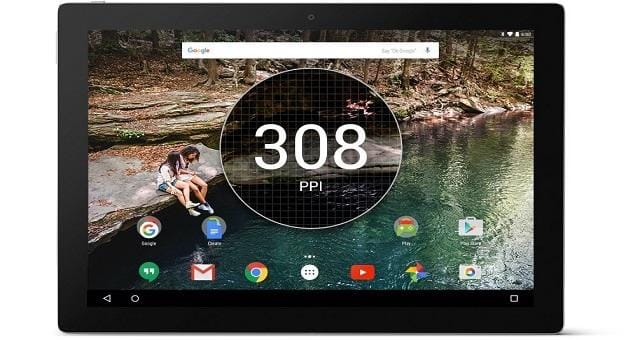Do you want the best internet service for your organization? You should consider acquiring one that employs fiber optic lines. Fiber Optic will give you the best service. This form of connection is known for being highly fast and reliable. However, it is more expensive than other options. But it is the best internet for your business. There are many advantages to having fiber internet for business, and lots of owners and entrepreneurs have seen a big return on their investment compared to using older style copper cables for broadband.
Top 5 Advantages of Fiber Internet for Business
There are a few essential factors to consider when choosing an internet service provider to suit company owners’ demands. You have to confirm the network system. They want a supplier to keep their staff members connected and productive without interruptions. Nevertheless, if an issue arises, they also require excellent customer service. You have to call their office if you face any problem.
Information can be sent over fiber optic internet at lightning-fast speeds—up to 20 times faster than with standard cable connections. So you can complete your task smoothly. It is a fast internet system. Though cable speeds can slow down during peak usage times, fiber-optic internet is frequently substantially faster with no slowdowns. Everyone wants to set up fiber internet. Single-mode fiber (SMF) and multimode fiber (MMF) are the two types of Internet cables. It is the fastest and most dependable communication option on the market. The worldwide demand for fiber is very high. E-commerce businesses rely on cloud storage and have numerous users spread over various sites. Most of them can use fiber to meet their unique needs with unparalleled dependability. It is the best internet service worldwide.

Access to Cloud Technology
Cloud technology is used in all aspects of business – from customer relations management tools, to data storage, to app hosting and more. Major companies all use the cloud in some capacity.
One benefit of having such fast internet speeds and vast bandwidth capabilities? You can get information from the cloud more quickly than ever before – whether that means accessing software programs or data stored online. This has led to less lag time (or even none) when employees use SaaS platforms or other systems that rely on the cloud; which in turn means things like seamless communication for salespeople or customer service reps – no frustrating delays when they need information to close a deal or assist someone.
As more businesses move even their most critical services over to the cloud, it only makes sense that having reliable high-speed fiber Internet connection becomes increasingly important; without it, those services might not work at all, leaving you unable to do things like process sales, help customers remotely or use hosted VoIP phone systems.
Secure Connectivity
When it comes to security, fiber optic cables have a major advantage. While it’s possible to tap into copper or coaxial cable connections and steal internet service, this is extremely difficult to do with fiber. That’s because cutting a fiber line would instantly knock out service to an entire neighborhood, if not a small town. Additionally, while both DOCSIS cable modems and fiber-based Passive Optical Networks can be shared among homes in close proximity, there are far more security measures in place when everyone has their own glass strand as opposed to sharing one that has electrical current running through it (which is how cable modem networks work).
Signal Capacity
With traditional broadband internet like DSL or Ethernet over Copper, there is signal degradation as users get further away from the exchange point. Fiber internet is different: It keeps its signal strength over long distances, so its performance doesn’t change much. That enhanced signal strength can be important for businesses that take up a lot of space because they want good internet not just in one corner of their premises but everywhere. And it could be particularly useful for staff working in remote workspaces within those areas – if broadband signal quality gets worse the further you are from the exchange point, this might impact them negatively.

Saves Money
While the installation cost for fiber optic internet may be higher than traditional copper connections, it proves to be a more cost-effective choice in the long run. Fiber optic cables require less maintenance than their counterparts and last longer, meaning they do not need to be replaced as often.
In addition, because fiber facilitates much faster internet speeds than other methods, productivity can be improved – there is less downtime waiting for things to buffer or slow connections to hinder work. This too can save money for the company.
Futuristic Technology
Fiber optic internet stands out for its remarkable scalability compared to alternative internet connections. Usually, internet service providers can swiftly enhance the speed of a fiber network with just a phone call, simplifying the process of accommodating a company’s evolving needs. Increased bandwidth and fiber speed play a pivotal role in facilitating the integration of peripheral devices into business operations as they expand, including printers, credit card machines, scanners, point-of-sale terminals, and beyond. With a fiber connection, an ample supply of bandwidth and speed to support existing devices while simultaneously being primed for future technological advancements.
Can Fiber Internet Be Wireless?
Fiber internet can use fixed wireless technology to achieve a wireless aspect. This is how it operates: High-powered antennas deliver the internet signal wirelessly. Fiber cable is mainly put under the deep ocean. It replaces the conventional method of wiring individual buildings with fiber optic cables that bring the signal to a central location. With wireless technology, the “last mile” can now provide fiber’s advantages (low latency, speed, and dependability) without requiring a lot of cable construction. All the famous companies use this fiber internet with high dependency access.
This flexibility changes the game for corporations. Where traditional fiber optic cabling is difficult or expensive, fixed wireless can reach those areas. Though the cost of fiber internet is high, it is the fastest worldwide. Additionally, it makes reconfiguration easier when business needs change. Additionally, companies can build a robust and scalable network with numerous wireless access points. They completed their large project using fiber internet, guaranteeing reliable communication throughout the building. Better teamwork, more effective data transfer, and an enhanced working environment are all facilitated by this. That helps them to complete their task within a second.
Why Fiber Internet is Better?
There are various reasons why fiber optic internet is the best. Fiber offers unparalleled speed compared to more conventional solutions like cable or DSL. In this technological world, internet access is more important. Lightning-fast downloads and uploads are made possible by the extraordinary rates at which light moves through the connections. Another benefit is reliability. You can complete your personal or official tasks using fiber internet. Fiber optic cables’ reduced susceptibility to interference from electrical signals and lousy weather guarantees a steady and reliable connection. There is no harm in this situation. Fiber also serves to improve security. Data travels as light pulses. It is a secure option for both individuals and corporations. You can also use it for your business.

| Feature | Fiber Optic | Cable | DSL |
| Speed | Up to 10 Gbps | Up to 1 Gbps | Up to 100 Mbps |
| Reliability | Less susceptible to interference | Can be affected by outages in the cable network | Can be affected by weather conditions and distance from the provider’s central office |
| Security | Very difficult to intercept data | More susceptible to hacking than fiber optic | Moderately secure |
Conclusion
Overall, copper and coaxial signals degrade over distance, whereas fiber internet for businesses does not have this problem. You may prefer a fiber link if your business is near heavy electrical equipment or high-frequency noise. Copper or coaxial signals degrade by electromagnetic interference, which does not affect light travelling through glass strands.


